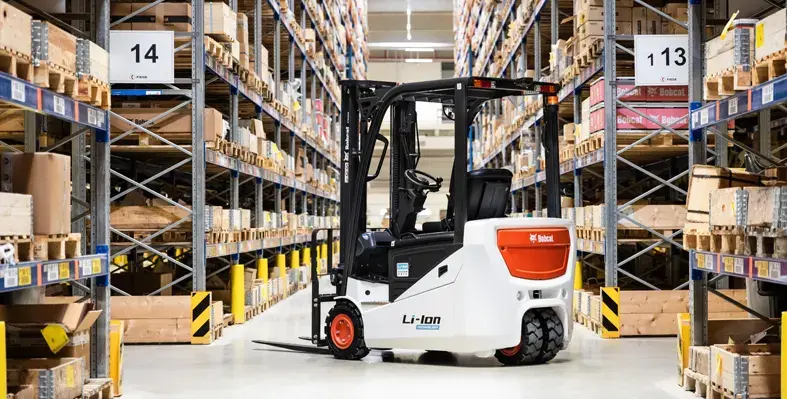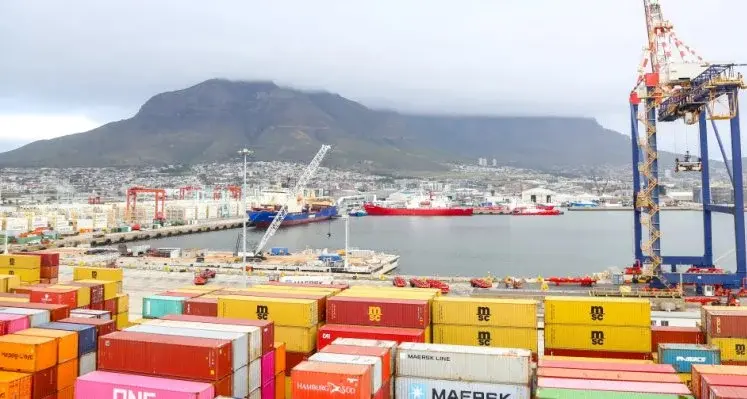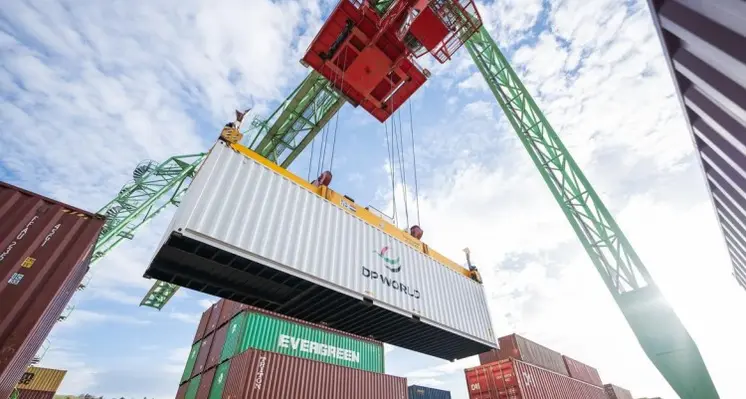The African Supply Chain Confederation (ASCON) has officially launched, marking a new chapter for Africa’s role in global trade and logistics integration
Founded in Accra, Ghana, on August 22, 2025, the confederation aims to unite professional standards and networks across the continent to strengthen competitiveness and collaboration.
Africa’s supply chains have long lagged behind more developed regions and today are under pressure to adapt to global disruptions and seize opportunities within the African Continental Free Trade Area (AfCFTA).
ASCON provides a unified framework to professionalise the sector, ensuring Africa is not just a participant but a strategic player in global value chains, according to Ronald Mlalazi, the group’s president.
“Elevating the role of supply chain management in Africa is critical for economic development,” he said.
“ASCON will ensure Africa becomes a strategic player in global value chains.”
Its mission is to foster a cohesive African supply chain ecosystem grounded both in professionalism and collaboration, he added.
Key pillars include: establishing ethical codes and accreditation frameworks; advancing standardised qualifications and continuous professional development; fostering cross-border partnerships and professional alliances; and promoting research, publications and knowledge exchange.
As part of this, ASCON offers: a unified framework for professional mobility and recognition; support for resource mobilisation and membership growth; platforms for networking and partnership; and advocacy to shape policy and promote best practices.
Elevating competencies and ethical standards is expected to enable greater mobility and quality of work for professionals across Africa, a collective effort that will help to build overall resilience and growth across the sector.
ASCON is committed to positioning the continent as a leader in global supply chain development, according to professor Douglas Boateng, goodwill ambassador and Africa’s first Professor Extraordinaire in supply and value chain management.
He outlined the importance of professionalising supply chains to unlock industrialisation, reduce waste, and strengthen competitiveness under AfCFTA.
“The Africa we desire is in our hands,”said Boateng. “By integrating supply chains, we can deliver generational impact.”
Read more:
Ethiopian Airlines places major Boeing aircraft order
DP World launches PCS in Kenya
Comoros maritime corridor project takes shape
















